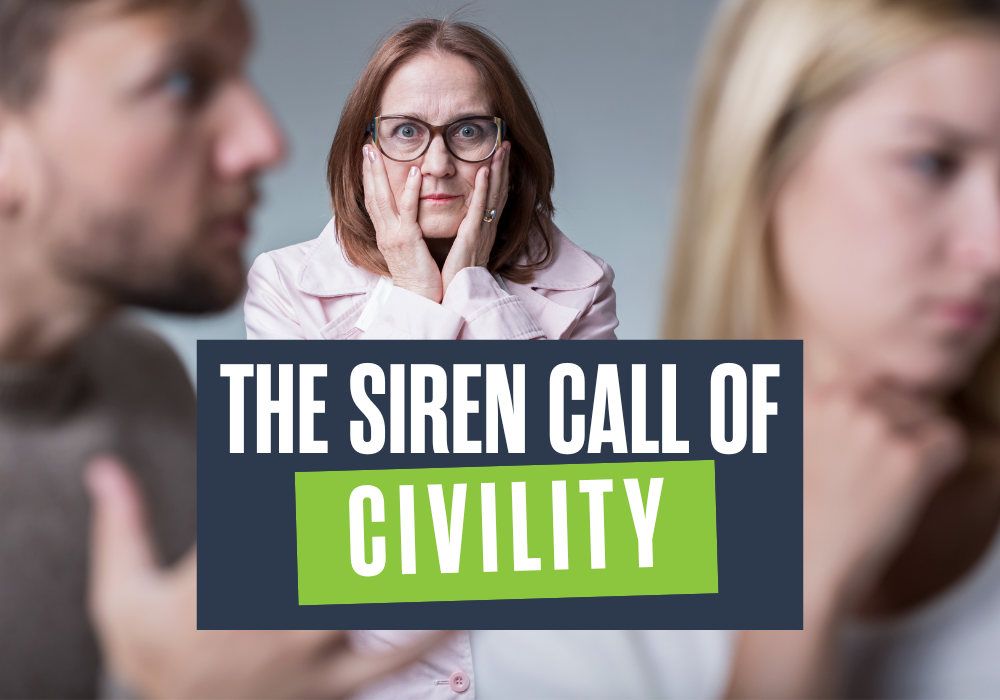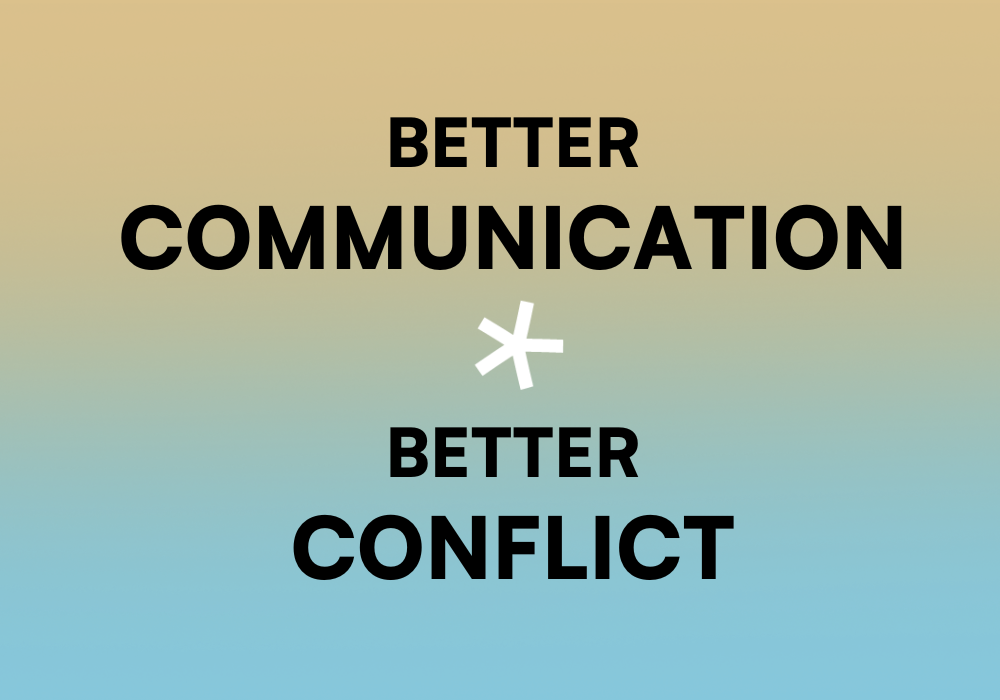The word civility is getting a lot of airtime right now.
And, in a season of anonymous online trolls and in-your-face politics, it’s a pretty seductive idea.
Can’t we all just get along?
Frankly, I’d be on board with that. Who wouldn’t? It sounds lovely.
But all the way from across-the-world global conflicts to across-the-street warring neighbors, we just don’t seem to be able to do it.
Why not?
The root of the problem might lie with the evolution of the word civility itself.
Civility comes from the Latin civilis, meaning “relating to public life” or “befitting of a citizen.” That sounds pretty good; it covers a lot of ground.
However, over a couple hundred years, the word migrated from a meaning related to citizenship to a meaning more anecdotally rooted in the “minimum standards of courtesy.” It became less associated with the challenging decisions of society-building and more associated with the ways society-builders (people with power) behaved in the room together.
In other words, civility came to be a word used as a compliment when people behaved nicely or politely.
“Civilized” conversations were conversations that eschewed difficult themes or potentially challenging topics.
It moved toward easy.
You see, “civil” as a way to practice citizenship within a community might very well mean talking about the tough stuff. But “civil” as a way to practice niceties means you avoid those things on purpose.
By prioritizing our modern definition of civility, we’ve taught ourselves to avoid conflict rather than engage in it productively. We’ve said “Don’t talk about religion or politics at the dinner table,” and robbed ourselves of the practice of listening to one another and holding ideas in tension.
Holding ideas in tension while holding the people who hold those ideas in trust or safety is hard. It’s complicated. It can feel uncomfortable or stretching. That’s a part of conflict.
Conflict is a learned skill, and civility has told us not to practice it.
So what do we do? We might try to reclaim the word. Use it as it was originally intended. But, language changes. And if the word civility is now a stand-in for polite, it might not benefit us as much as we pretend it does:
- Using the word civility asks us to “play nice” when perhaps we should engage well.
- Using the word civility tells others to watch their tone or their perspectives.
- Using the word civility cues us to value avoidance rather than progress.
It’s the antithesis of what we say we want, but it is the easiest way out. We feel good and, perhaps, sound good saying it.
It just doesn’t deliver what we actually want.
Instead, let’s learn the skill of conflict engagement, not avoidance.
It makes us, and everyone else, better.



